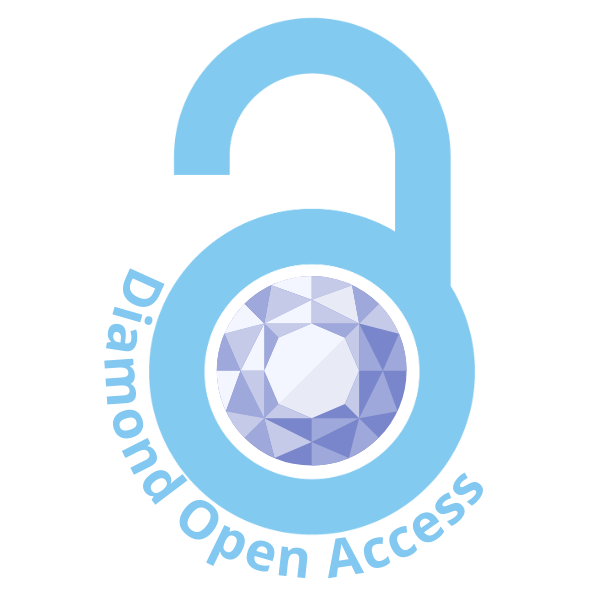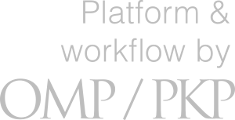About the publisher
Tampere University Press (TUP) publishes peer reviewed scholarly monographs and edited volumes. We focus on social sciences, humanities, and educational sciences. Publication languages include Finnish, Swedish and English.
TUP is a Diamond Open Access publisher, meaning we do not charge fees to either authors or readers. Our objective is, for our part, to promote bibliodiversity, availability of scholarly literature and societal impact of research.
Tampere University Press is:
- A member of the Association of European University Presses (AEUP) and the Finnish Association for Scholarly Publishing,
- Eligible for using the peer-review label granted by the Federation of Finnish Learned Societies,
- Indexed e.g. in the OAPEN Library and the Directory of Open Access Books,
- Rated on level 1 in the Finnish Publication Forum classification (JUFO).
Background
Tampere University Press is a library-led academic publisher established in 1994. TUP has since published more than 350 books, most of which are available open access.
TUP started out as a traditional book publisher and flipped to open access in the beginning of 2016, becoming the first exclusively open access book publisher in Finland.
Our books are immediately available online and free to download in PDF format. This platform includes our newest publications and backlist starting from 2019. Older books (published 1996–2018) are available e.g. in Tampere University's Trepo repository, Ellibs E-bookstore, and the Directory of Open Access Books.
Books published in 2020 or later are also available in paperback. Books on Demand GmbH is responsible for the printing and distribution.
Why Open Access?
Open Access means that research publications are available online, free of charge or other access barriers. Open Access is growing in importance because:
- Open Access publications have Creative Commons licenses making it easier to use the content.
- Open Access publications are available to everyone; including the general public, decision-makers, journalists, teachers and other practitioners worldwide.
- Open Access publications make excellent course books, as their availability is not limited by the number of physical copies or user licenses.
- Authors retain copyright on their work, and can decide on its uses.
- Open access publications are used and cited more than publications that are behind paywall.
- Many research funders and organizations recommend or even require the open publication of research output.







